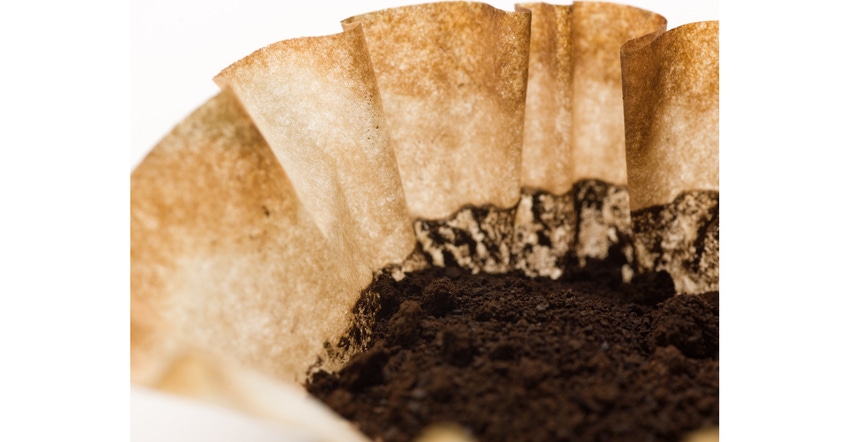Using Coffee Grounds in Battery Production
The successful synthesis of P-doped hard carbon using coffee grounds as a precursor was reported.

In a study published in the KeAi journal Carbon Resources Conversion, a team of researchers from Kazakhstan and South Korea reported the successful synthesis of P-doped (phosphorous doped) hard carbon using coffee grounds as a precursor and H3PO4 as the doping agent.
The investigation focused on determining the optimal doping level for maximizing the incorporation of phosphorus ions into the carbon framework, aiming to enhance the electrochemical performance of the material as an anode for sodium-ion batteries (SIBs).
Sodium is much more abundant than lithium in many countries, and SIBs are said to charge much faster than Li-ion batteries. However, the technology is still in the early stages.
One notable aspect of the study is the use of coffee waste as a precursor material for hard carbon synthesis. Coffee ground use is environmentally conscious, given the large annual disposal of approximately 18 million metric tonnes, but it also leverages the lignocellulosic structure of coffee waste. This result addresses the challenges posed by the uneven distribution and scarcity of lithium resources, offering an alternative solution through the exploration of SIBs.
The researchers further varied the concentrations of H3PO4, and found that using 2M of the doping agent led to promising electrochemical performance for hard carbon as an anode material. The resulting P-doped hard carbon, carbonized at 1300 °C, exhibited a reversible capacity of 341 mAh g-1 at a current density of 20 mA g-1, with an initial Coulombic efficiency of 83%. These results underscore the potential of P-doped hard carbon in enhancing the energy storage capabilities of sodium-ion batteries.
This study shows insight into the synthesis and optimization of P-doped hard carbon for sodium-ion batteries, emphasizing the importance of precursor materials, doping agents, and carbonization conditions. The findings have implications for the development of more efficient and sustainable energy storage solutions, particularly in the context of sodium-ion batteries.
The author of this study is Aishuak Konarov with the Department of Chemical and Materials Engineering, School of Engineering and Digital Sciences at Nazarbayev University in Astana, Kazakhstan.
About the Author(s)
You May Also Like




